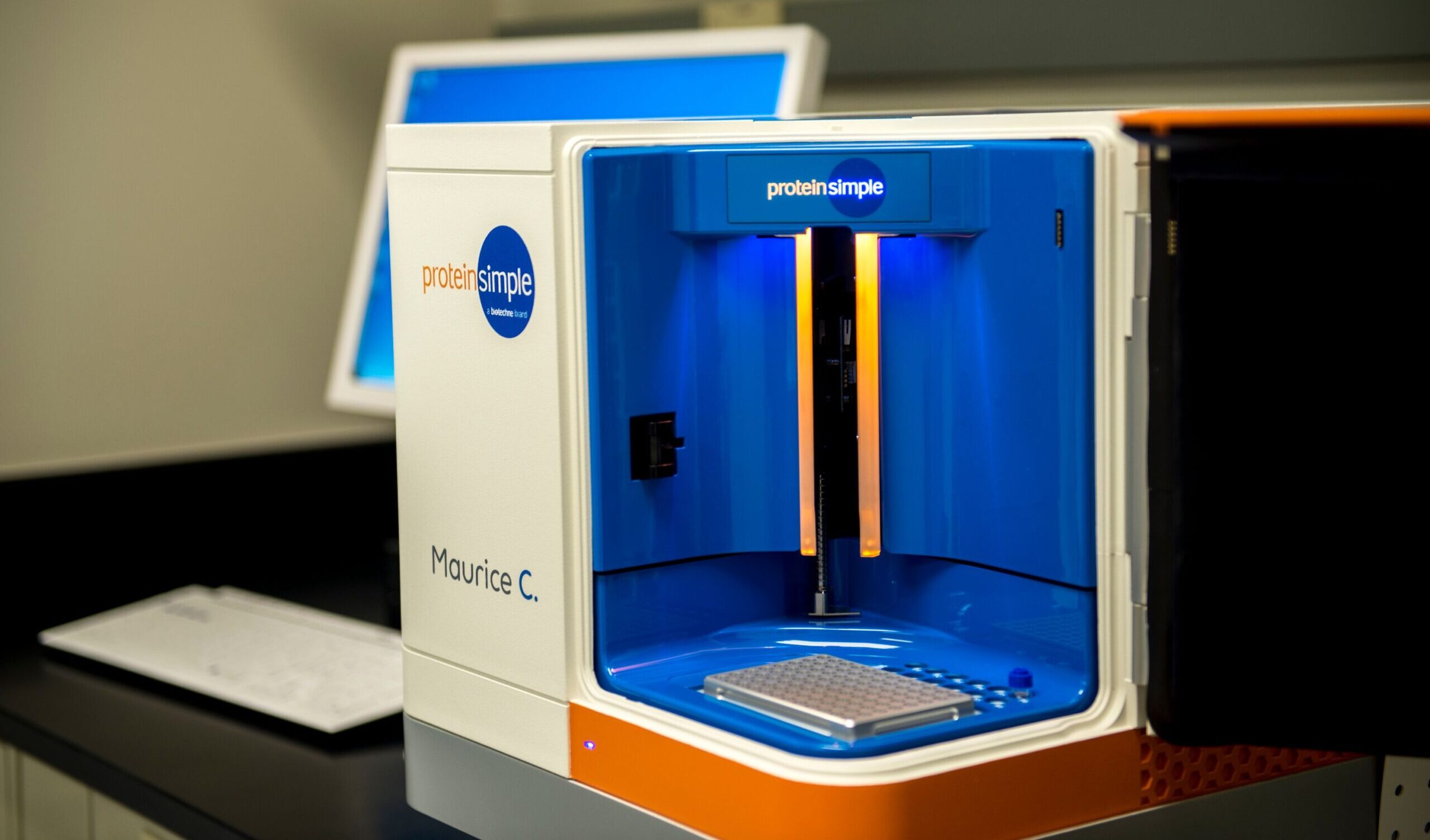
fig. 1 —
BIOLOGICAL PHARMA CENTER
Developability Assessment
Developability assessment evaluates the drug-like properties of lead candidates at the early stage (i.e. discovery), for the potential of being successfully developed into a stable, manufacturable, safe, and efficacious drug product. It is important to carry out this assessment as early as possible in the pre-clinical stage of development to eliminate candidates that do not present a favorable developability profile. This will minimize the risks of costly late-stage failures and avoid potential issues that may occur during the clinical application of a biotherapeutic.
At BIOLOGICAL PHARMA CENTER, a panel of small-scale, fast, and predictive tests are used to evaluate therapeutic antibodies’ developability. The developability evaluation comprises in silico analysis as well as a series of in vitro assays for the drug candidates, so to provide information about the integrity, purity, aggregation, thermostability, charge heterogeneity, glycosylation, poly-reactivity, potency, stability over low pH and accelerated storage conditions, and potential PKPD profile.
- Lower liabilities of deamidation, isomerization, oxidation, hydrolysis in variable especially CDR regions from in silico analysis
- Preferred physico-chemical properties by in vitro analysis
- High affinity to target by biosensor
- High purity by capillary electrophoresis
- Level of degradation, aggregation by size exclusion chromatography
- Low heterogeneity by MassSpec
- Zero non-specific binding from poly-reactivity assay
- High stability over extreme conditions. i.e. low pH, high temp
- Preferred glycan profile
- Favorable PKPD profile shown by FcRn binding
- Acceptable viscosity at high concentration
To learn more, please fill out the form below.
Follow us in LinkedIn